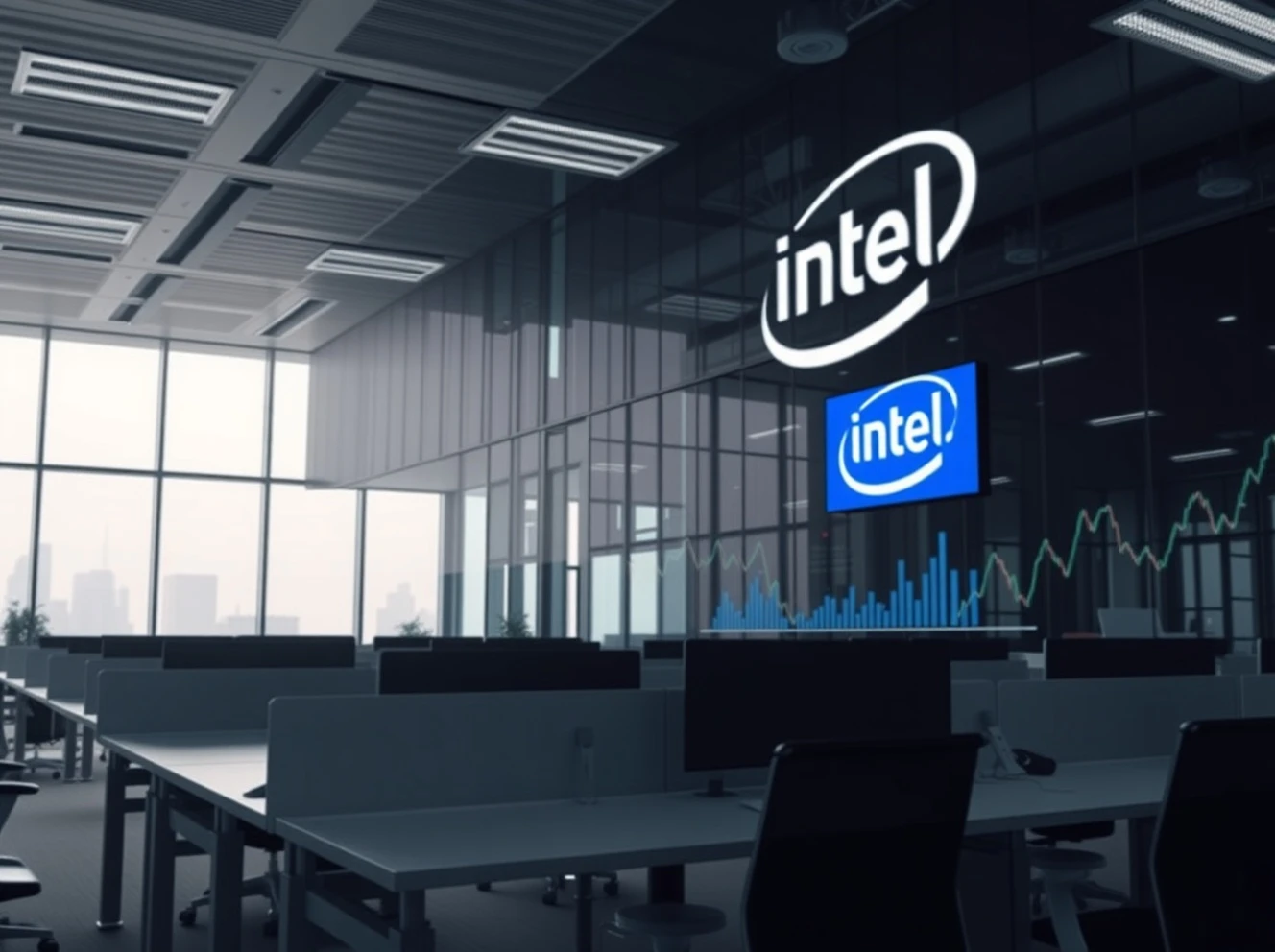Intel Corporation, the semiconductor giant, has quietly initiated a significant rollback of its employee compensation programs, marking a dramatic shift in its workforce strategy amid mounting financial pressures and competitive challenges in the chip manufacturing industry.
Intel Employee Compensation Changes Explained
Recent internal communications reveal Intel is scaling back its stock award programs substantially. Consequently, many employees will see reduced overall compensation packages. This move represents a major departure from the company’s historical approach to talent retention.
Financial Pressures Driving Compensation Cuts
Several factors contribute to Intel’s decision to reduce employee compensation:
- Market share erosion to competitors like AMD and NVIDIA
- Manufacturing challenges in advanced chip production
- Global semiconductor market volatility affecting revenue
- Substantial capital investments required for new fabrication facilities
Impact on Intel Workforce Morale
The compensation changes affect employee morale significantly. Many long-term staff members expected consistent reward structures. However, management cites necessary adjustments for company sustainability. Therefore, the reductions aim to balance workforce needs with financial realities.
Industry Context for Intel’s Moves
Other tech companies also face compensation challenges currently. Nevertheless, Intel’s approach appears more comprehensive than industry peers. The semiconductor sector experiences particular pressure from supply chain issues and technological transitions.
Future Outlook for Intel Compensation
Industry analysts question whether these changes will remain permanent. Some suggest temporary measures during restructuring periods. However, Intel maintains commitment to competitive employee compensation packages long-term. The company continues monitoring market conditions for future adjustments.
FAQs: Intel Employee Compensation Changes
What specific compensation elements is Intel reducing?
Intel primarily reduces stock award allocations while maintaining base salaries for most positions.
How will these changes affect current employees?
Current employees will experience lower total compensation primarily through reduced equity compensation components.
Are other tech companies making similar changes?
Some technology firms adjust compensation structures, but Intel’s changes appear more comprehensive than industry averages.
What prompted Intel’s compensation restructuring?
Financial pressures, competitive challenges, and substantial capital investment requirements drive these compensation adjustments.
Will Intel restore previous compensation levels?
Company leadership indicates compensation levels may adjust based on future financial performance and market conditions.
How does this affect new hires at Intel?
New employees receive compensation packages aligned with the revised structure, potentially affecting recruitment competitiveness.








